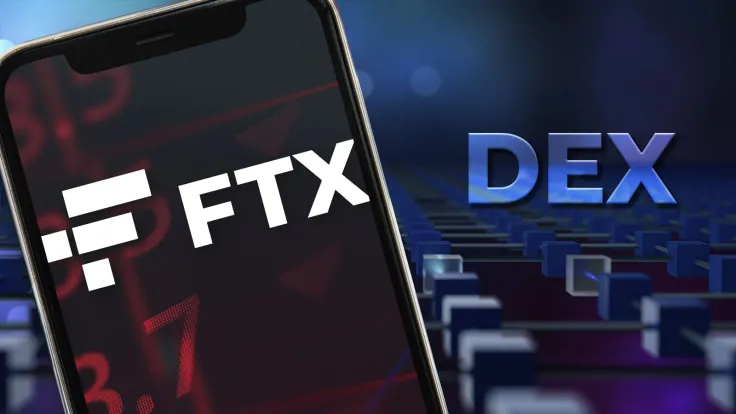Without a doubt, the FTX collapse has shown the cryptocurrency market the importance of decentralization and the power of self-custody.
Centralized exchanges, in order to show security for investors, started to present proof of reserves, but it is, unfortunately, not as reliable as the blockchain.
This scenario has made the crypto market pay more attention to decentralized finance (DeFi), with an emphasis on decentralized exchanges (DEXes).
In August 2022, for example, the volume of DEXes had gone through a sharp drop, reaching just $67 billion. By way of comparison, in May of the same year, this number was $169 billion.
However, the bankruptcy of FTX caused something to change in this sector. In addition to a massive rush of Bitcoin and altcoin withdrawals from exchanges, DEXes have once again seen significant quantities being traded.
Advantages of decentralized exchanges
According to data from Dune Analytics, shortly after the fall of Sam Bankman-Fried's (SBF) empire, in just seven days, trading volumes on decentralized exchanges reached $32 billion.
Furthermore, at the time of writing, the volume of trading on decentralized platforms had grown by 33%. DEX Uniswap is the star in this situation, with 60% of all trading on decentralized exchanges.
This growth is seen in the industry, as to trade on a DEX, it is not necessary to give up your tokens or your private keys. The liquidity of transactions is provided by exchange users themselves, freeing it from the need for centralized command, as was the case with the SBF at FTX.
Another relevant factor is that DEX is built on smart contracts. Therefore, it can transparently guarantee the trust of each transaction.
Furthermore, if someone of relevance on the market makes a publication about Uniswap, for example, saying that it has a problem in its code or that it is out of liquidity just to cause panic, the transparency of the blockchain guarantees that this FUD has no credibility.
One or several programmers and developers can audit the information and analyze whether it is true — something that cannot be done with the financial balance of a centralized exchange, for example.
But does this mean that DEXes will grow due to fall of FTX?
The growth of decentralized exchanges during these days of turmoil was expected as the cryptocurrency market is built on hype.
As such, it came as no surprise to the savvy trader to see Uniswap and other DEXes experiencing surges in volume. Nor was it a surprise to see tokens related to cryptocurrency wallets growing in market capitalization.
However, even with the benefits that decentralized trading can offer, the path for DEXes to become the protagonists of the market compared to centralized exchanges is a long one.
The user experience barrier of entry is immense, compared to its older competitors that managed to take the bank model and bring more familiarity to the investor.
Furthermore, DEXes pretending to be your bank may scare off the crypto novice who might prefer to take the risk of entering the market through a centralized exchange rather than through a DEX like Uniswap. The easiest way is still in the hands of a CEX.


 Dan Burgin
Dan Burgin Vladislav Sopov
Vladislav Sopov